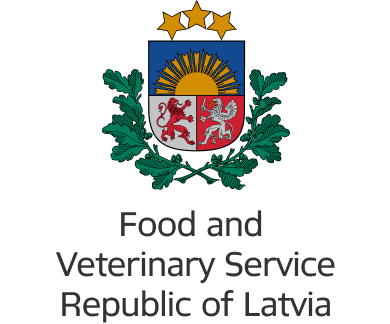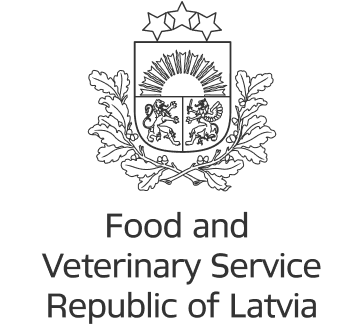Food and Veterinary Service of the Republic of Latvia is deeply saddened by the passing of our dear friend and valued partner and friend, Zurab Chekurashvili, Director General of the Georgian National Food Agencie. Under his dedicated and visionary leadership, the National Food agency of Georgia made remarkable strides in aligning Georgia’s food safety and veterinary systems with European Union standards. Zurab will be long remembered for his unwavering professionalism, his personal warmth,…
Food and Veterinary Service of the Republic of Latvia is deeply saddened by the passing of our dear friend and valued partner and friend, Zurab Chekurashvili, Director General of the Georgian National Food Agencie. Under his dedicated and visionary leadership, the National Food agency of Georgia made remarkable strides in aligning Georgia’s food safety and veterinary systems with European Union standards. Zurab will be long remembered for his unwavering professionalism, his personal warmth, and the genuine friendship he extended to all. His legacy is one of significant achievement and profound connection. We extend our most heartfelt condolences to his family, friends, and colleagues during this time of immense loss.






